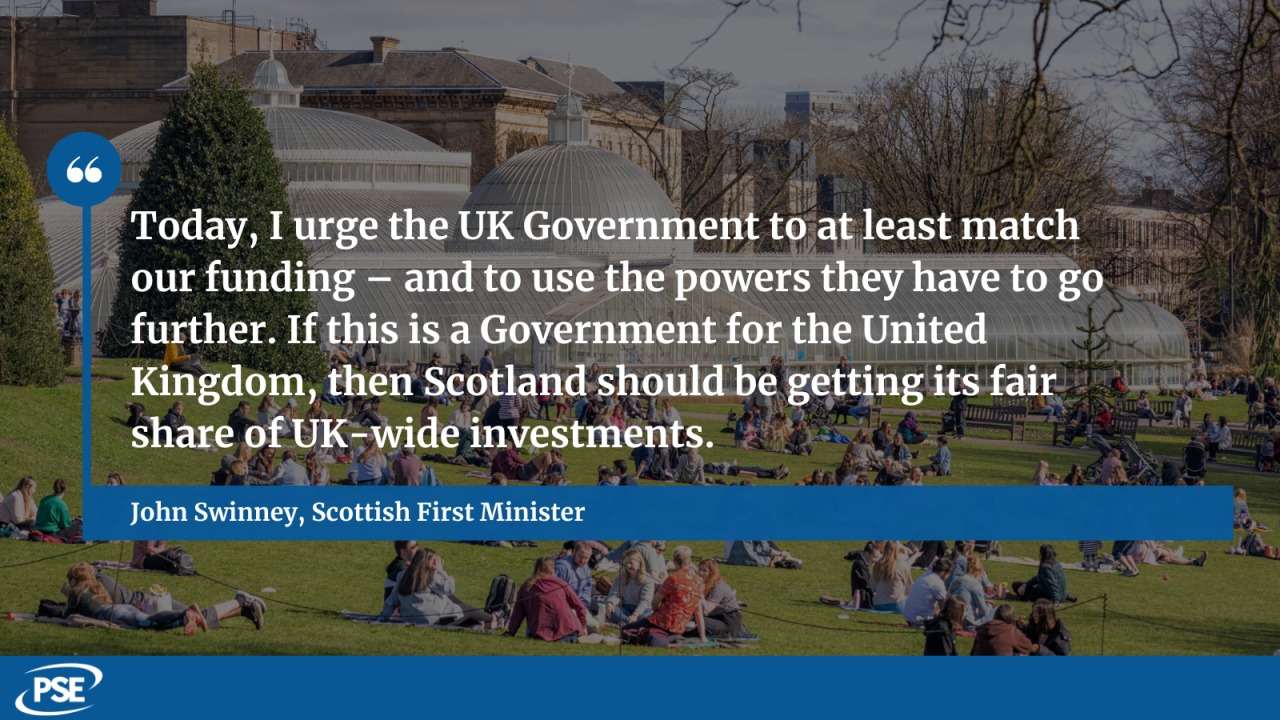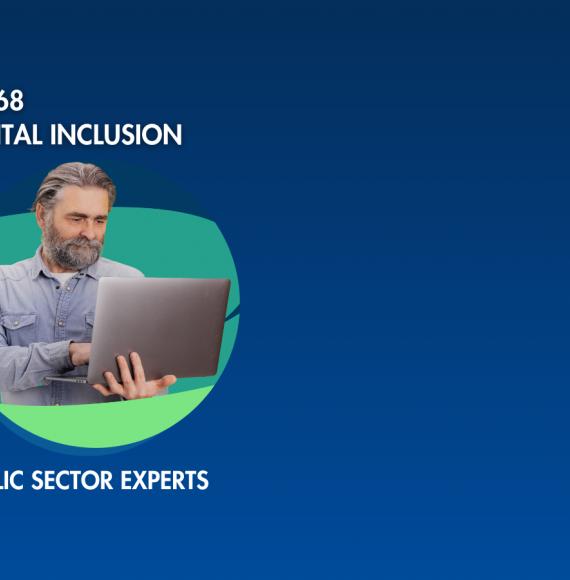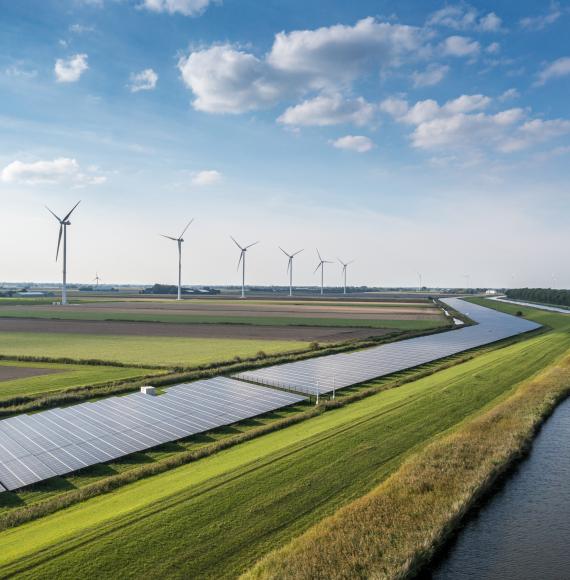In an address at the Glasgow Botanic Gardens, Scottish First Minister John Swinney reaffirmed his commitment to a collaborative approach in tackling the climate and nature emergency.
Emphasising that the transition to net zero "will abandon no community," Swinney highlighted the importance of inclusive and sustainable development for all regions of Scotland.
Addressing key climate stakeholders, Swinney acknowledged the significant strides made through government-supported actions and projects aimed at enhancing Scotland's climate resilience. However, he stressed that much more remains to be done to combat the twin crises of climate change and biodiversity loss.
Swinney has also called on the UK Government to at least match the Scottish Government's investment in securing the future of the Grangemouth refinery. The refinery, a critical component of Scotland's industrial landscape, has been at the centre of discussions on sustainable transition and economic stability.
In his speech, the First Minister said:
“This transition will abandon no community. The importance of safeguarding jobs and livelihoods has never been more stark than in the immediacy of the situation at Grangemouth.
“If we are going to ensure a future for the site, opportunities for its highly skilled workforce, investment is needed now. That is why yesterday, I announced that the Scottish Government will amend the 2025-26 Budget at this late stage to allocate an additional £25 million for a Just Transition Fund for Grangemouth.
“Today, I urge the UK Government to at least match our funding – and to use the powers they have to go further. If this is a Government for the United Kingdom, then Scotland should be getting its fair share of UK-wide investments.”

Swinney's speech comes amid growing concerns about the socio-economic impacts of transitioning to a low-carbon economy. The First Minister reiterated his government's dedication to supporting affected workers and communities, ensuring that the shift to renewable energy sources brings widespread benefits.
Continuing, Swinney added:
“If we are to persuade people to back climate action wholeheartedly, we must speak not only of the costs and challenges – which there will be – but also demonstrate clear and direct household and community benefits where these are possible. Tangible benefits at home, in terms of more jobs, lower energy bills, and new economic opportunities, delivering also tangible benefits for the planet.
“My approach to Government has always been collaboration, which is why I want this to be the start of an ongoing conversation, with a focus on action, on delivery. I believe that we can only make the progress, and map out the next necessary steps on our climate journey, by bringing together local and central Government, agencies, stakeholders, trade unions, community organisations, and the wider public.”
As Scotland continues to lead in climate action, Swinney's call for collaboration and equitable investment underscores the critical need for unified efforts in addressing the climate emergency. By working together, the Scottish and UK Governments can pave the way for a sustainable and resilient future, ensuring that no community is left behind in the journey to net zero.
Image credit: iStock



















